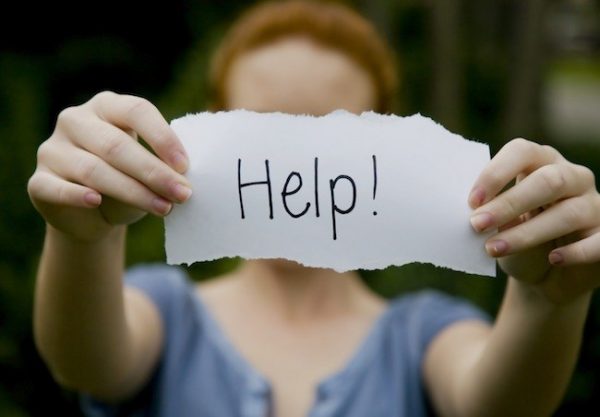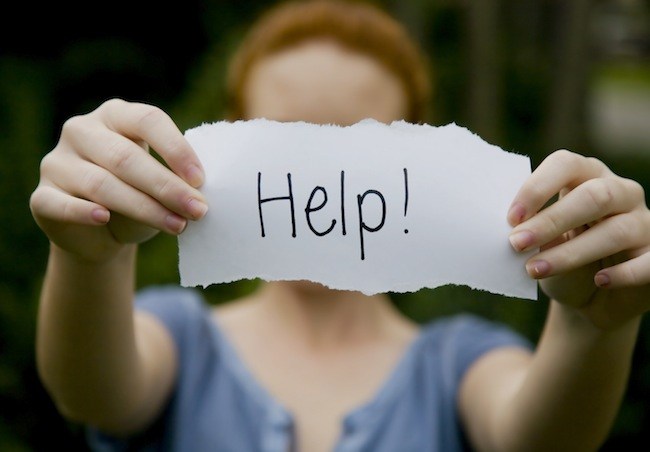
Once again, a horrifying statistic – the ‘provisional’ number of suicides as assessed by the Chief Coroner for the most recent 12-month period, a 10% increase on the previous year, but still one that doesn’t fully record the true level, given that ‘suspected suicides’, a very significant group that Police, ambulance and health services and many families will attest to, are not included, nor are ‘missing persons’ and a further number of deaths that are, for various reasons, not investigated.
Were it not for the annual publication of this figure, you could almost be forgiven for assuming the heat had gone out of the suicide/mental health issue. Mainstream media coverage is certainly less than 12-24 months ago, and public campaigns have scaled back, likely in the hope that the new Government’s Mental Health Inquiry will throw up a series of game-changing recommendations for action – and that the Government will then fund them.
On this front, the reality is that no Government will act in a game-changing way without significant public pressure, and although the mental health arena causes a strong sense of unease among most Kiwis, with a common understanding that the system, if not broken, is so poor it must change, it is still not enough front-of-mind that many would get out on the streets and demand immediate action.
My own pick is that the Government Inquiry, due to report back by the end of this month, will certainly highlight dramatic areas of failure and major shortcomings in this country’s mental health system; but given the fact that it has many people involved in it who earn their crust from the same system, it is highly unlikely to recommend the sort of change that many of those appearing before it were calling for. THAT sort of change will still require sustained public campaigning action, led by service users, their families/whanau and communities that have been directly affected.
In the last week, a couple of issues came to light that show the entrenched nature of what we’re up against.
In the first, Victoria University of Wellington’s Cumberland House Hall of Residence recently evicted a student because she had attempted suicide – the day after her attempt, and certainly contributing to her stress and mental unwellness. The University’s Vice-Chancellor came out with perhaps the ‘bullshit line of the year’ when he claimed the University would never ‘evict’ a student at risk of suicide, but in some cases would ‘insist’ they left!
The student herself, Dani, stated on social media, “If my father had not flown down to be there with me (at his own expense), I would have been on the streets.”
Clearly the University exhibited no duty of care and showed the sort of Victorian attitude towards mental health issues that we’ve been battling for years – if someone has a mental health issue, get them out of sight as quickly as possible!
In the second case, in my own patch, Waikato DHB’s Board was presented at its most recent meeting with a take-it-or-leave-it plan to replace the awful Henry Bennett Centre – the on-campus Waikato Hospital’s acute mental health building which even the last Government’s Ministry of Health officially described as being ‘unfit for purpose’.
Despite significant public and Maori input urging the DHB not to replace like for like, and to find a non-Hospital site for its acute mental health facility where more holistic and community-based care could be provided, the mental health managers presenting the report incorrectly claimed to the Board that they had unanimous support for their more of the same approach. Fortunately some Board members – armed with their experiences of the service’s mental health care were able to defer the decision to enable more voices to be heard and more alternatives to be considered.
The point I noted in this debate was the absolute intent of those running mental health services currently to ensure that only mental health professionals should be making these decisions, not the services users, whanau or community. THAT battle is not just being fought out in the Waikato, but in most regions of the country, and it will be interesting to see the take of the Mental Health Inquiry in this area.
Dave Macpherson is TDB’s mental health blogger. He became a Waikato DHB member after his son died from mental health incompetence.






I think that the drop in coverage might be deliberate in the suspicion that mass coverage was exacerbating the problem wasn’t it?
D J S
There are differing views on the effects of mass coverage even on the topic itself.
Certainly some of the well-meaning initiatives, especially around fund raising may have undesirable unintended outcomes. “Normalising” suicide in any way is likely to lead to adverse outcomes.
Totally disagree that greater coverage ‘exacerbates’ the problem – while you need to be sensitive about the WAY you cover the issue, not covering the issue is an extension of the Victorian attitude that has swept the issue under the carpet for so long.
Suicide is a symptom of collapsing capitalism denying any opportunity for individuals to live full and un-alienated lives.
The health system has been privatised by stealth, syphoning off public resources into the private system, and underfunding even the most basic preventative and emergency care.
The sooner we wake up to the need to throw out all capitalist politicians and their corporate backers, the sooner we can take control of our own lives and own health.
We need a workers government, elected by class conscious workers, to fight for workers rights, basic needs, and rights, against the corrupt, destructive, and ultimately genocidal capitalist climate catastrophe.
This might make you happy Dave… https://www.globalresearch.ca/participatory-socialist-economics-the-vision-of-british-labours-shadow-chancellor-john-mcdonnell/5655737
D J S
“New Socialism” sounds good doesn’t it?
But history shows that while production is in private hands workers control is limited and token.
But it would be good to try to put it into effect as the results would spur workers on to the real thing – occupying workplaces and running them without bosses – both employers and employers lackeys in parliament and the unions.
A ‘workers’ government’ means workers in power based on workers democracy and workers control of production for need and not greed.
“It Takes A Village” is a whitepaper well worth reading.
https://www.researchgate.net/publication/317579112_It_Takes_A_Village_The_case_for_adopting_a_social_approach_to_suicide_prevention
It challenges a number of the assumptions under which NZ suicide prevention is being conducted. For example, Bradshaw recommends that it move to MSD from MoH as suicide is a social not a medical problem and that the medical model is not conducive to effective prevention.
A case of out of the frying pan into the fire surely. MSD’s hostile environment toward beneficiaries is unlikely to be the appropriate model for helping those with mental illness. Many of whom may already be MSD’s “clients”.
Have you read the whitepaper?
Comments are closed.